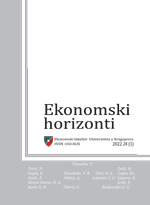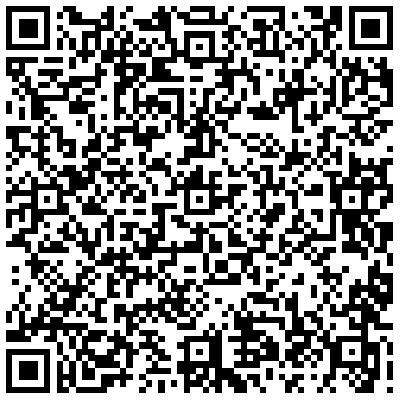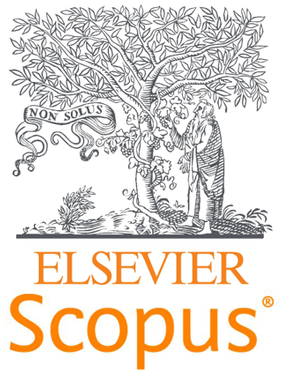ASYMMETRIC INFORMATION AND HEALTH-RISK BEHAVIOR IN THE NATIONAL HEALTH INSURANCE SCHEME IN JOS METROPOLIS, NIGERIA
Joshua Solomon Adeyele1, Gbenga Michael Ogungbenle1 and
Ogorchukwu Augustine Isimoya2
1Department of Actuarial Science, University of Jos, Nigeria
2Department of Actuarial Science and Insurance, University of Lagos, Lagos, Nigeria
Access to quality healthcare is the primary purpose for which the National Health Insurance Scheme (NHIS) in Nigeria was introduced. It is believed that the introduction of the NHIS for workers will reduce their engagement in health-risk behavior. Despite the existence of the NHIS, its enrollees (i.e. insured workers) are still complaining of the poor healthcare delivery by the service providers. As a result, some of them are still engaging themselves in a detrimental health-risk behavior due to public health workers’ moral hazard and a short supply of drugs in public hospitals. This study was undertaken in Jos metropolis so as to ascertain the extent to which moral hazard and the disclosure of partial information about the NHIS lead to a health-risk behavior among civil servants. The research has shown a moderate level of the moral hazard demonstrated by the NHIS service providers since, within the measurement range from 1 to 7, the overall average significantly falls to 4. Contrary to the moderate moral hazard demonstrated by the NHIS service providers, the majority of the NHIS enrollees were found to averagely demonstrate a low health-risk behavior.
Keywords: NHIS service providers, moral hazard, asymmetric information, health-risk behavior
JEL Classification: D82, I11, I13




